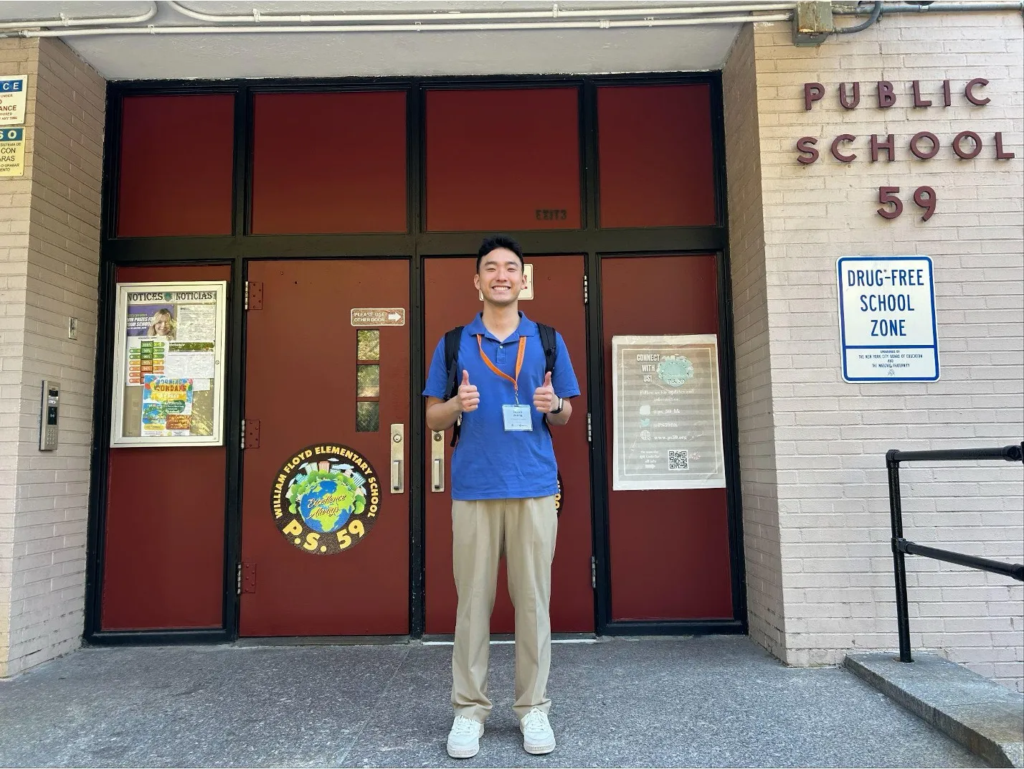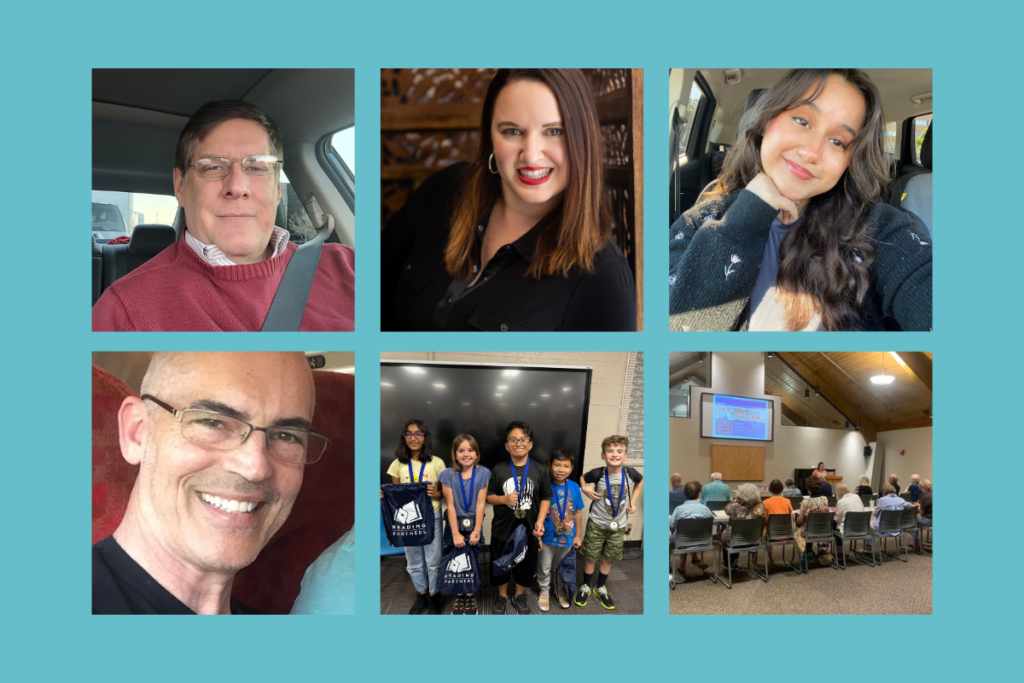As a parent, I am constantly thinking about how my actions today are going to affect my children tomorrow. Some concerns are admittedly trivial, but others — primarily those that are related to their education — are legitimate.
It’s a potentially scary truth that a child’s early academic performance can shape his or her long-term future. Research has shown, for example, that one in six children who are not reading proficiently in third grade do not graduate from high school on time, a rate four times greater than that for proficient readers (D. Hernandez 2011).
Yet, you can walk into any fourth grade classroom in any low-income neighborhood in the U.S., and there’s a chance that four out of every five students you meet are reading below grade level. This means that at an age when they should be reading to learn, most economically-disadvantaged fourth graders are still learning to read. As they progress through elementary, middle, and high school, they will not only struggle to catch up but continue to fall further behind at a faster rate until their future academic and career prospects are severely limited.
The good news is that it doesn’t take much to get students back on track to reading on grade level at an early age. Young students tend to be very responsive, and some undivided attention is often enough to help them excel. In fact, just an hour a week of individualized instruction can change a child’s life. You may be wondering, then, why childhood illiteracy remains such a huge problem.
With growing class sizes and shrinking budgets, public school educators simply do not have the capacity to provide one-on-one attention to all students who need extra help. This is why community volunteers play such a critical role in public education. In 2010, 63 million Americans — slightly more than a quarter of the population — volunteered, so we know we have the manpower to help every student in need of a tutor. And I’ve seen the difference volunteer tutors can make.
One of our students, whom I’ll call Emily, was only in first grade, but she was already reading far below grade level. Like many students in this country, she was behind when she first entered school and had not yet caught up to her peers. As a result, she was retained in Kindergarten, and she was reading a year below grade level when she entered first grade.
Understandably, school was difficult for her, and she acted out. She was uncooperative and made no effort to learn — a clear indication of low self-confidence. When she began working twice a week with a volunteer tutor who could focus on the skills that were most challenging to her, she immediately showed signs of improvement. Just as importantly, her behavior quickly improved, too. Now that she feels like a successful reader, Emily is eager to learn. Her success shows that one-on-one tutoring from a caring adult not only helps students master difficult skills but also helps them see their own potential.
We were all in Emily’s shoes once, stumbling over words and feeling frustrated. But because someone taught you to read all those years ago, you overcame that hurdle. Not everyone does.
There are many ways to give back to our communities. If each of us commits to volunteering in a school for just one hour a week, we can effect real, lasting change. Imagine the possibilities if that hour were stretched to two or three. Someone taught you to read. Now it’s your turn to return the favor.
–Michael Lombardo, Huffington Post Opinion / Source



